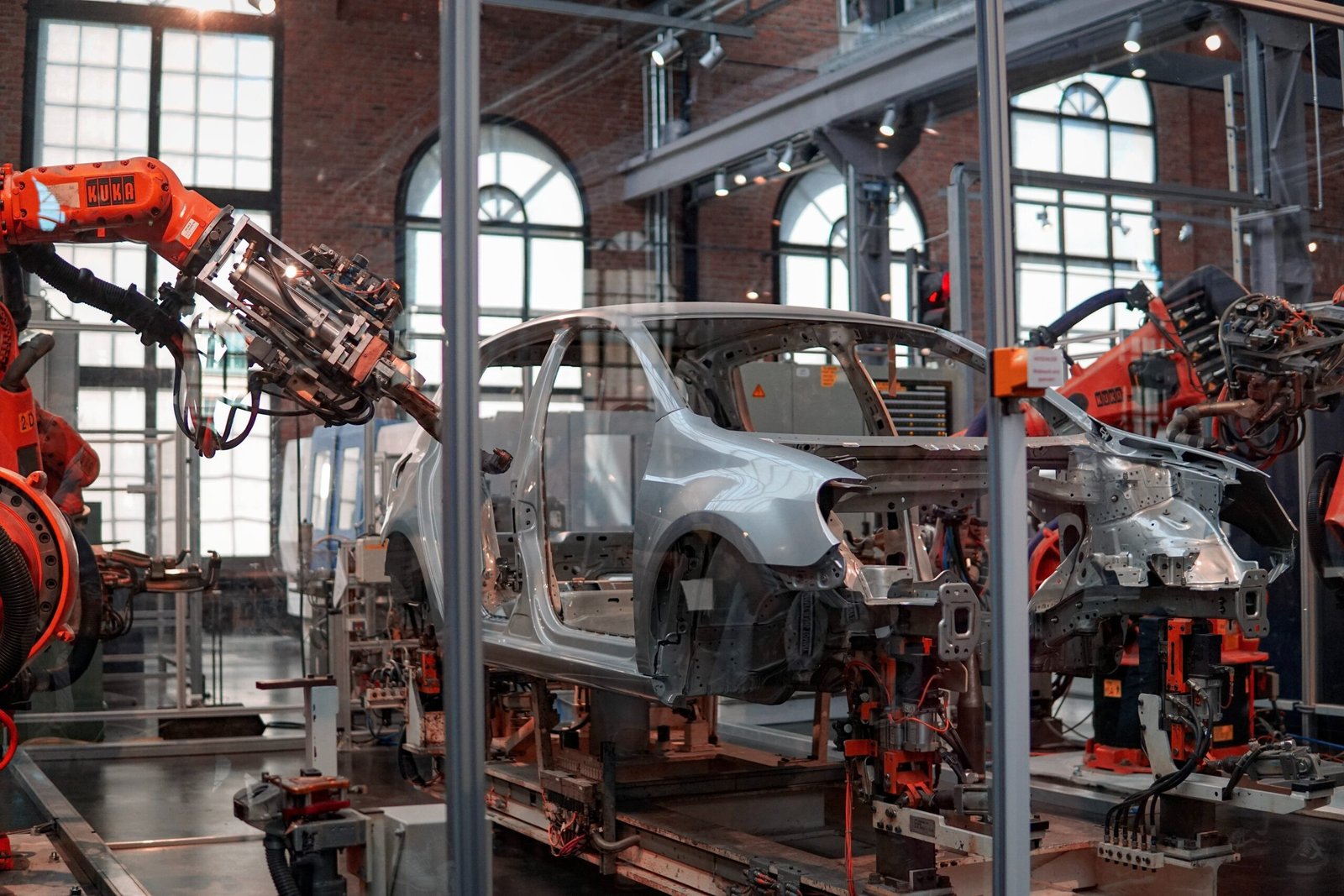
Automation and AI: Will ChatGPT Take Your Job?
Posted on |
Introduction
Automation and AI have been transforming industries and the way we work for years. With advancements in technology, many people are concerned about the future of their jobs. One particular technology that has gained significant attention is ChatGPT, an advanced language model developed by OpenAI. In this blog post, we will discuss the impact of automation and AI, specifically focusing on whether ChatGPT will take your job.
The Rise of Automation and AI
Automation and AI have revolutionized various sectors, from manufacturing to customer service. These technologies have the capability to streamline processes, improve efficiency, and reduce costs. As a result, many repetitive and mundane tasks are being automated, allowing workers to focus on more complex and strategic work.
However, this technological progress has left many employees concerned about their job security. With AI becoming increasingly sophisticated, there is a fear that machines will replace human workers entirely. This concern is not unfounded, as some industries have already experienced significant job displacement due to automation.
ChatGPT and its Capabilities
ChatGPT is an AI language model that can generate human-like text responses. It has been trained on a large dataset and can understand context, answer questions, and even engage in conversations. This impressive technology has sparked debates about its potential to replace human workers in various industries.
While ChatGPT is undoubtedly a powerful tool, it is important to note that it is not a complete replacement for human expertise. ChatGPT lacks the ability to fully understand complex nuances, emotions, and context in the same way humans do. It can provide responses based on patterns and data it has been trained on, but it may not always be able to provide the most accurate or appropriate solution.
The Role of Human Workers
Despite the advancements in AI, there are many tasks that still require human involvement. Jobs that involve creativity, critical thinking, empathy, and complex decision-making are difficult to automate completely. Human workers possess unique qualities that machines cannot replicate.
For example, in industries such as healthcare and education, human interaction and empathy are essential. AI can assist in certain aspects, but the human touch is irreplaceable. Similarly, jobs that require creativity, such as writing, designing, and strategizing, heavily rely on human ingenuity and imagination.
The Future of Work
It is important to view automation and AI as tools that augment human capabilities rather than replace them. Instead of fearing job loss, individuals should focus on acquiring new skills and adapting to the changing job landscape. As technology continues to advance, new job opportunities will emerge, requiring different skill sets.
Organizations also have a responsibility to reskill and upskill their employees to ensure a smooth transition. Training programs and continued education can equip workers with the necessary skills to thrive in an automated world.
Conclusion
Automation and AI, including technologies like ChatGPT, are undoubtedly transforming the way we work. However, the fear of job displacement is often exaggerated. While certain tasks may be automated, the role of human workers remains crucial in many industries. By embracing change, acquiring new skills, and leveraging technology, individuals can adapt to the evolving job market and secure their future.